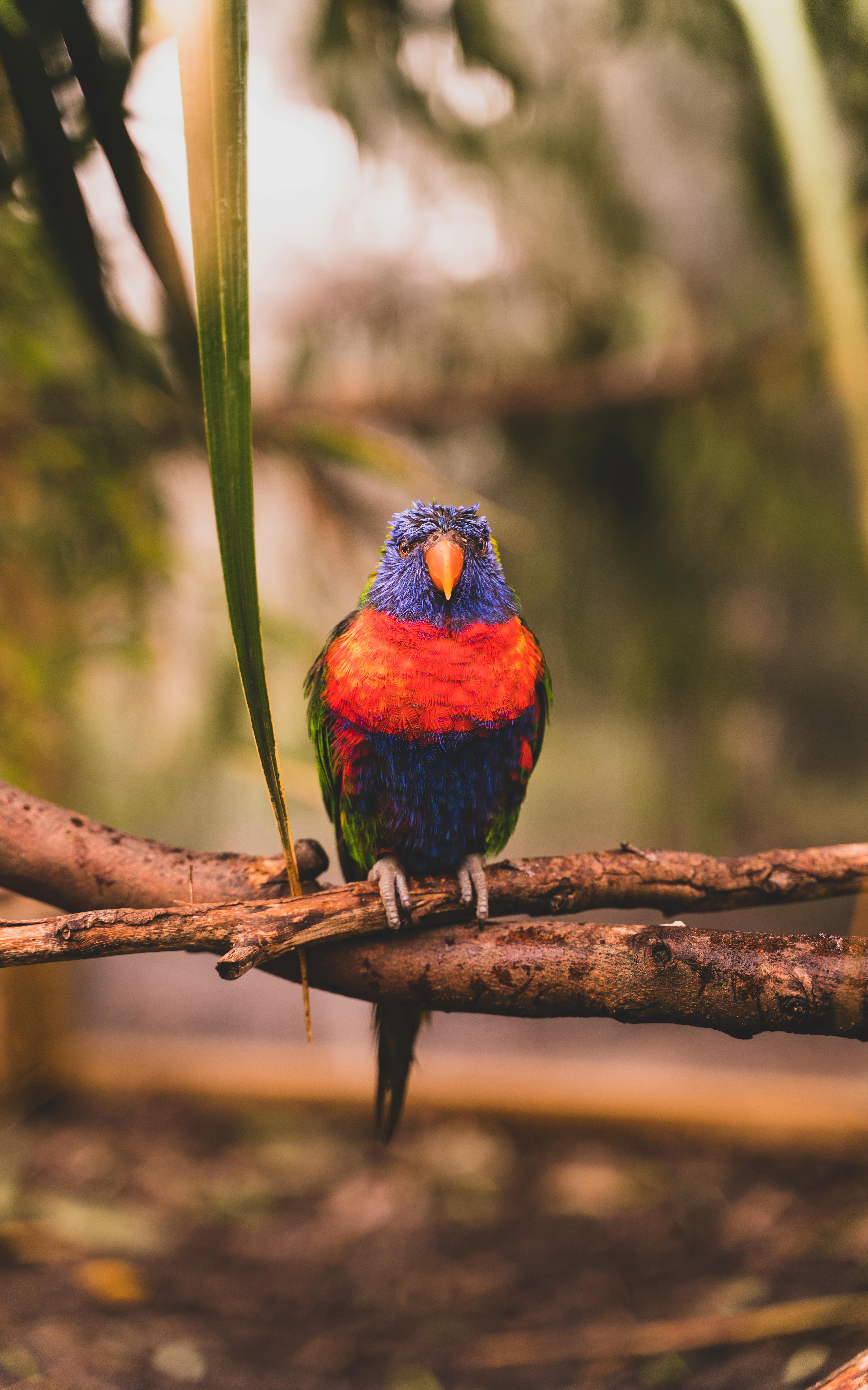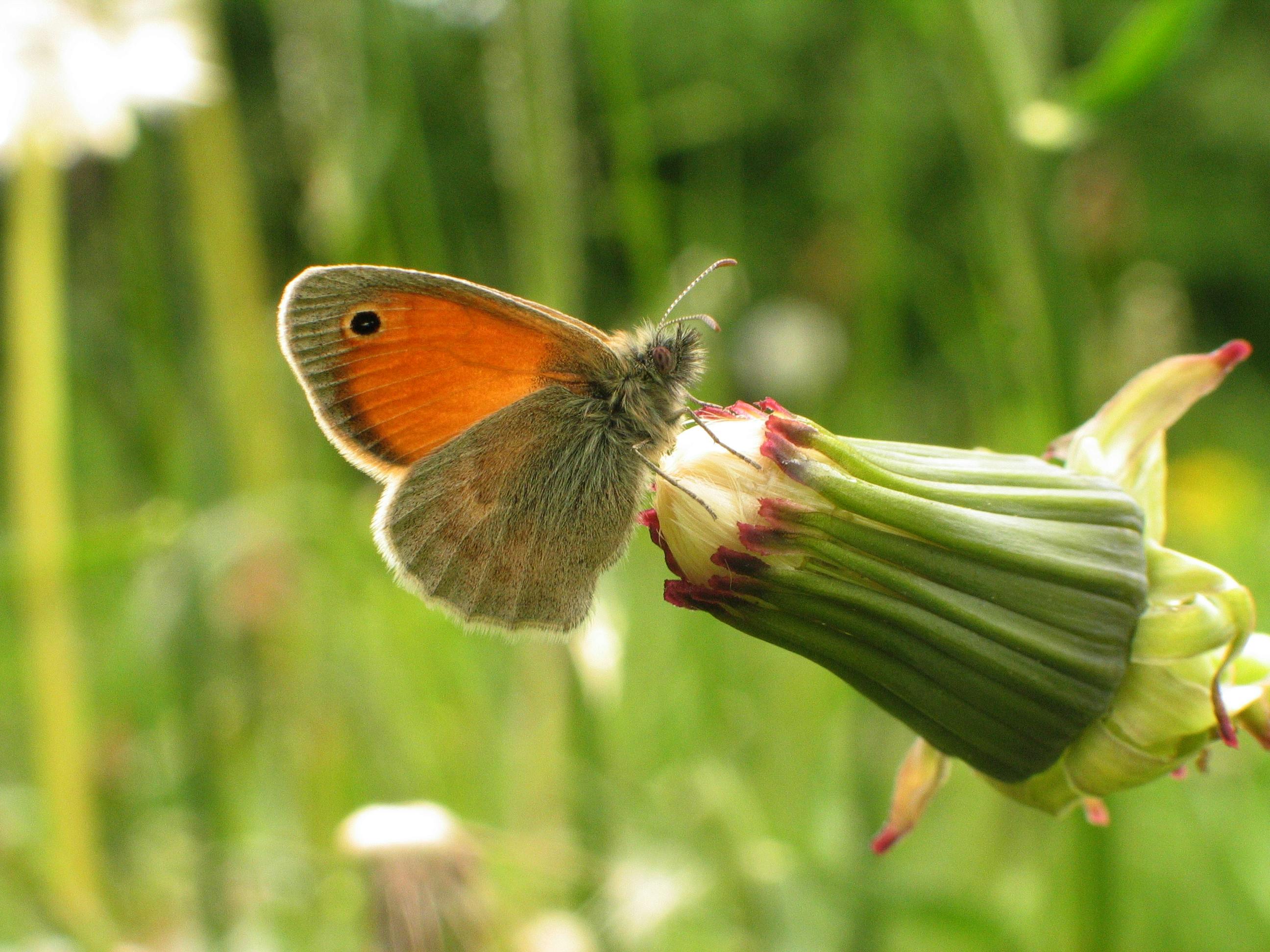Smart Ways to Prevent Cats from Eating Goldfish in 2025

Smart Ways to Prevent Cats from Eating Goldfish
As a cat owner, you might be concerned about the potential risks of your feline friend treating your goldfish as an irresistible snack. Understanding the connection between cats and fish, especially goldfish, is crucial in ensuring your pet's health and safety. While cats are known for their predatory instincts, allowing them to interact with or consume goldfish can pose serious health risks. This article explores effective strategies to prevent cats from eating goldfish, emphasizes the importance of understanding cat diets, and offers insights into safe feeding practices.
Goldfish can be fascinating pets, but the question remains: can cats eat goldfish? The answer is nuanced and requires consideration of various factors, including the nutritional value of goldfish, their potential toxicity for cats, and the right types of fish that are safe for our feline companions. By the end of this guide, you will better understand how to manage your cat's diet while keeping your aquatic pets safe.
We will cover vital topics such as the health issues related to cats consuming goldfish, expert recommendations on feeding cats fish, and alternative healthy fish options for your feline. Let's dive into the details!
Understanding Cat Diet Guidelines
To maintain a healthy cat, it's essential to understand their dietary needs. Cats are obligate carnivores, meaning they require animal-based proteins to thrive. Their diets should primarily consist of high-quality cat food that meets nutritional standards.
Feline Nutritional Needs
Cats need a balance of proteins, fats, vitamins, and minerals. When thinking about feeding cats fish, consider that not all fish provide the right balance of nutrients. While fish can be included as part of a cat's diet, moderation is key to avoid fish allergies and other health issues. Remember, goldfish as a snack for cats may not meet their dietary requirements and can lead to complications.
Risks of Cats Eating Fish
There are considerable risks associated with feeding cats fish, particularly goldfish. Goldfish do not provide essential nutrients that cats need and can pose health risks such as gastrointestinal upsets or even more severe *toxic reactions*. Experts suggest monitoring your cat's reactions to any new food, including fish, to prevent any possible health crises.
Veterinary Opinions on Cats Eating Fish
Veterinarians often share a common viewpoint: fish should be an occasional treat rather than a staple in a cat's diet. While some fish can offer health benefits, others—like goldfish—may not be the best option. It's always good practice to consult with a vet regarding the specifics of your cat's diet and any new foods.
Consequences of Feeding Cats Goldfish
Feeding your cat goldfish can lead to several health issues, making it crucial for pet owners to take preventive actions.
Health Issues for Cats
One of the primary concerns is the possibility of gastrointestinal upset, including vomiting and diarrhea, when cats consume goldfish. Additionally, goldfish may carry parasites, which can lead to infections. In extreme cases, *goldfish toxicity for cats* is a valid concern, and preventing access to goldfish is vital for your cat's safety.
Alternatives to Goldfish
Instead of goldfish, focus on feeding safe, nutritious fish that fulfill your cat's dietary needs. Options like salmon or tuna can be suitable as long as they are prepared properly and served in moderation. These alternatives provide health benefits without the risks associated with feeding goldfish.
Managing Cat Diet with Treats
Limiting treats, including fish, is essential to maintaining your cat's health. Fish-based treats specifically formulated for cats can provide the enjoyment of fish without the risks. When considering fish as cat treats, always look for high-quality, specially designed options available in pet stores.
Safe Feeding Practices for Cats
Understanding safe feeding practices is crucial for the well-being of both cats and their aquatic friends.
How to Handle Cat Food Allergies
If your cat has shown a sensitivity to certain foods, it's essential to evaluate their diet regularly. Maintaining good feeding practices helps ensure cats receive balanced nutrition without unnecessary allergens that could lead to adverse reactions.
Best Feeding Practices for Cats
Provide your cat with a well-balanced food rich in proteins, fats, and vital nutrients. You can also include a variety of safe fish if your cat enjoys this flavor, but always stick to moderate amounts. Observing your cat's behavior and health after introducing any new food is crucial.
Implementing Responsible Pet Ownership
Being a responsible pet owner involves understanding the interactions between different pets in your household. Keep fish tanks out of reach from curious cats, and if possible, create barriers to prevent access. Remember, safe pet feeding practices lead to healthier pets overall.
Alternative Diets for Cats
Providing a diet that meets your cat's nutritional needs while avoiding risky foods like goldfish is possible with some planning.
Best Fish for Cat Diet
When selecting fish for a cat's diet, consider alternatives that are rich in omega-3 fatty acids, such as salmon or sardines. These fish contribute to your cat's coat health and overall well-being. Always ensure these fish are processed correctly without harmful additives.
Importance of Nutritional Diversity
A diverse diet is vital in ensuring your cat receives adequate nutrition. Combining fish with other sources of protein such as chicken or beef can provide a well-rounded meal while keeping your cat satisfied.
Expert Advice on Fish in Cat Diets
Consulting a veterinarian regarding the specific fish types safe for cats is essential before introducing them to your pet's diet. Veterinary insights can prevent health risks associated with inappropriate fish consumption and help shape a balanced diet for your feline.
Understanding Goldfish Care for Pets
As you consider your cat's dietary preferences and safety regarding fish, the care of your goldfish should not be neglected.
Maintaining a Healthy Goldfish Environment
Ensure that your goldfish are housed in a clean, well-maintained aquarium. This not only keeps the fish healthy but also minimizes the risks to your cat. Healthy aquatic pets contribute to a safer interaction, thereby reducing potential risks with your cat and goldfish.
Goldfish Species to Avoid
Some goldfish species are more susceptible to stress and health problems than others. When choosing goldfish, select hardier varieties that thrive in a community tank. This ensures both your fish and cat can coexist safely.
Feeding Recommendations for Goldfish
Proper feeding of your goldfish will help maintain their health and prevent any behavioral issues that might attract your cat's attention. Offer commercially available fish food specifically designed for goldfish and avoid overfeeding, which can lead to health issues.
Conclusion
In summary, preventing your cat from eating goldfish involves understanding the dietary implications for both pets. By adhering to safe feeding practices, managing your cat's diet responsibly, and ensuring the well-being of fish, you create a harmonious environment for both types of pets. Remember to consult with a veterinary professional regarding dietary concerns and to ensure health and safety in your home. With the right approach, you can enjoy the joys of both felines and aquatic life without compromise.

